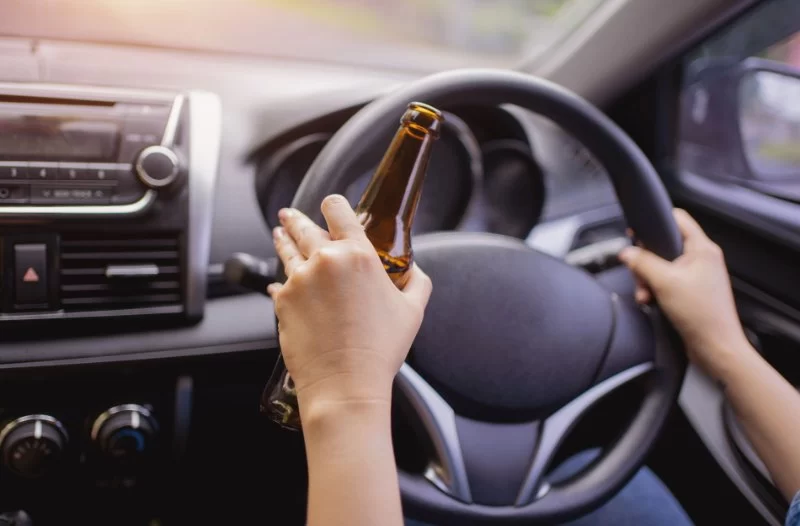
- understanding-dui-dwi-terminology-and-legal-difference - Understanding DUI/DWI: Terminology and Legal Difference
- what-happens-after-a-dui-dwi-arrest - What Happens After a DUI/DWI Arrest?
- legal-consequences-and-penalties-for-dui-dwi - Legal Consequences and Penalties for DUI/DWI
- how-a-dui-can-impact-your-life-beyond-court - How a DUI Can Impact Your Life Beyond Court
- real-life-example-why-legal-help-matters - Real-Life Example: Why Legal Help Matters
- how-esplawyers-can-help-you-through-dui-dwi-charges - How ESPLawyers Can Help You Through DUI/DWI Charges
1. Understanding DUI/DWI: Terminology and Legal Difference
DUI stands for “Driving Under the Influence,” while DWI refers to “Driving While Intoxicated” or “Driving While Impaired,” depending on your jurisdiction. Though often used interchangeably, some states differentiate based on the type or severity of substance involved. For instance, DUI might include impairment due to drugs, while DWI typically implies alcohol-related offenses.
Understanding these distinctions is critical because different charges carry different legal burdens, potential penalties, and long-term consequences.
2. What Happens After a DUI/DWI Arrest?
2.1 Immediate Arrest and Booking
Once stopped under suspicion of impaired driving, an officer may perform field sobriety tests or request a breathalyzer. If the results suggest impairment, you'll likely be arrested and booked into jail. Your vehicle may be towed, and your license could be suspended on the spot depending on state law.
2.2 Court Proceedings and Charges
A court date is scheduled shortly after the arrest. You’ll face charges ranging from misdemeanors to felonies based on factors such as blood alcohol concentration (BAC), prior offenses, and whether injuries or fatalities occurred.
3. Legal Consequences and Penalties for DUI/DWI
3.1 First-Time vs. Repeat Offenses
First-time offenders might face lighter penalties—fines, license suspension, DUI education programs—but repeat offenders encounter steeper consequences. These include mandatory jail time, longer suspensions, ignition interlock devices, and felony charges.
3.2 Aggravating Factors
Driving with a child in the car, excessive speeding, causing injury, or having a very high BAC can all enhance the penalties. In such cases, courts may impose harsher sentencing, including extended imprisonment.
4. How a DUI Can Impact Your Life Beyond Court
4.1 Professional and Educational Setbacks
A DUI conviction can ripple through your life. Employers often run background checks, and a criminal record may limit job opportunities or trigger dismissal. Students may lose scholarships or face expulsion.
4.2 Financial Burdens
Besides fines and legal fees, you may also encounter increased insurance rates, court-mandated rehab, and license reinstatement costs. Some estimates suggest a first-time DUI can cost upwards of $10,000 over time.
5. Real-Life Example: Why Legal Help Matters
Consider the case of Jordan M., a 29-year-old graphic designer from Texas. He was pulled over after attending a friend’s party and blew slightly over the legal limit. Without prior offenses, he expected leniency—but a minor in the backseat escalated the charge to a felony.
Thanks to quick legal intervention, his charges were reduced to a misdemeanor. He completed a community service program and avoided jail. This outcome wouldn’t have been possible without experienced legal counsel guiding his defense.
6. How ESPLawyers Can Help You Through DUI/DWI Charges
At ESPLawyers, we understand how overwhelming DUI/DWI charges can be. Our legal team offers tailored support—whether it’s fighting unjust charges, negotiating plea deals, or protecting your record from long-term damage.
We guide you through every stage of the process—from your first court appearance to license reinstatement—ensuring your rights are respected and your future is safeguarded. If you're facing DUI/DWI allegations, don’t leave your future to chance—reach out to professionals who know how to defend it.








